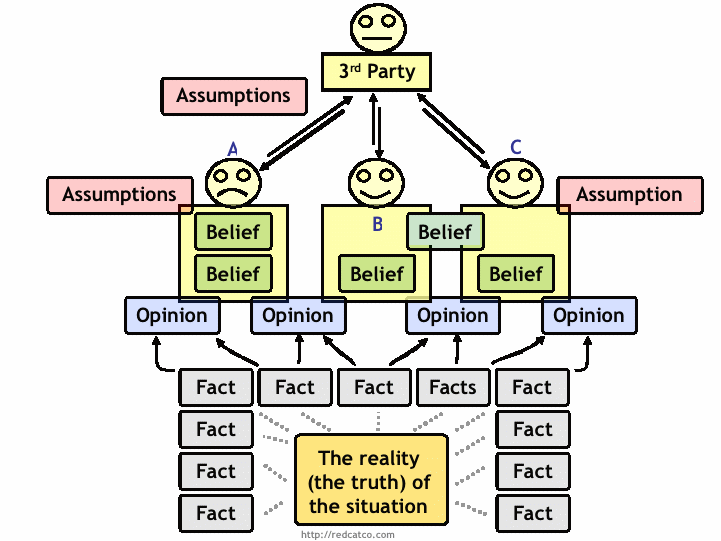The good news: It's easy to do top lists right. It's harder to do contests right but it can be done.
The problem starts with contests and lists that decree themselves objective, but which are just self-serving popularity contests.
The latest is called "Top Fifty Noteworthy People in Webcomics."
That's opinion, but it's presented as fact. Removing "top" and adding a little bit about where the opinions were gathered is all that's needed to make it an entertaining exercise.
Any list that wants to be respected has to define itself and stick to the standards of the definition. One good reason why is that an opinion list pretending to be definitive will never be settled. Anyone will be able to make a case why there are various more suitable candidates. This pits the included against those who sense unfairness. Not healthy!
Webcomics seem unusually staffed with people who will glom onto any form of publicity whatever. They're the same people you see behind the TVnews reporter, mugging for the camera and waiving signs. Everyone rushes to vote for their friends, figuring that what elevates the clique elevates everyone. Sadly, it's a house of cards: when your friends leave, you're alone.
So what works? Very simple: understand objective vs. subjective. If you're trying to hold a fair vote, get some informed advice. You should be able to achieve something reasonable with a little effort.
Finally, beware of popularity. A lot of it is false. Look instead at credibility, and never stop, because the effort to find truth never ends. Webcomics is loaded with popular, honest, credible people who are routinely pushed aside by the crooked. If you deserve a future in webcomics, those are the ones you'll look to, especially the ones who say what they think instead of being wishy-washy in a desire to avoid controversy.
One thing will be interesting about this contest: Will most winners be someone credible (say, Ryan North) or someone who piles on a lot of fakery to seem more popular? Will people be selected by resume, or by having pushed their way to center stage? The answers will reveal a lot about the voters.
See also: The bottom half of this: Can You Measure Subjective Comic Qualities Fairly?
and also this list of reasons against misrepresenting data .
This nifty diagram from redatco.com illustrates how objective
truth degrades as it goes through successive subjective filters.
_______________________
A reminder. Though we're aware it sounds a little precious, I wouldn't want anyone to misinterpret our goals. That's why we opt out of lists and contests that don't meet fairness standards we would apply to any contest we organized. Most internet contest fail due to misrepresentation. In the real world, there are some worthy contests, but even the Eisners don't pass muster. If someone in webcomics organized a fair and transparent contest, I'd probably go into shock.




